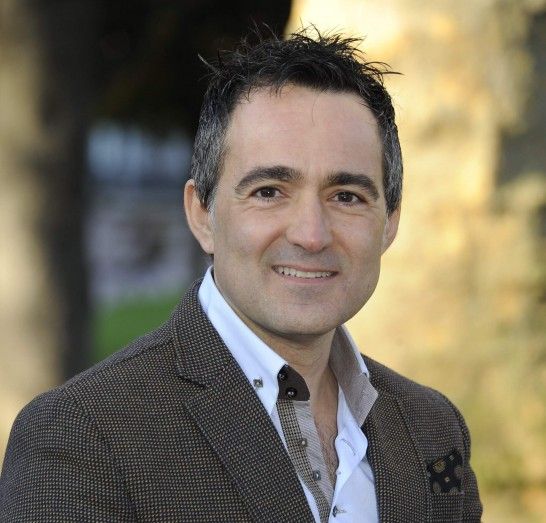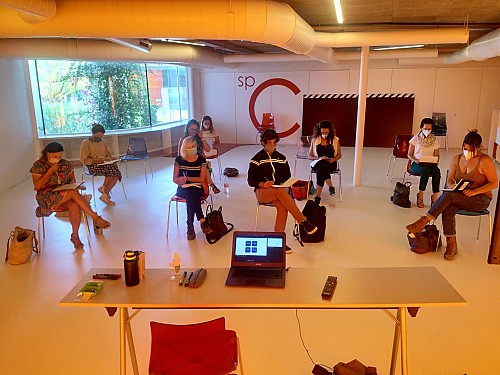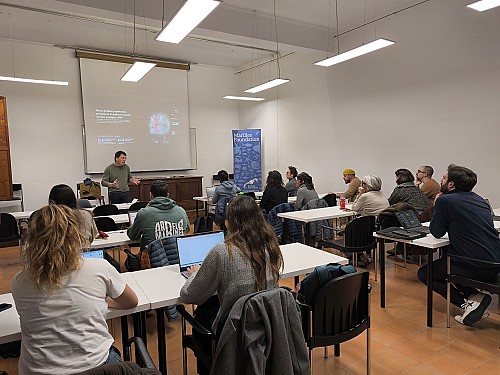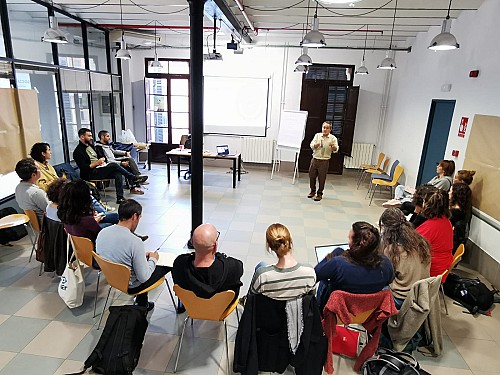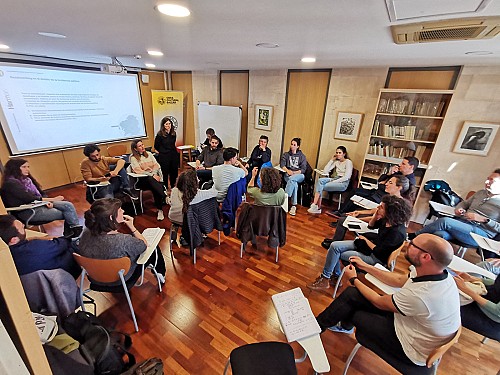Related project
Bernardo García Izquierdo holds PhD in Economics and Business Studies, a master's degree in Advanced Management, as well as various postgraduate degrees. At a professional level, he spent 14 years as a lecturer at the University of Deusto. He’s worked for the United Nations, directed the Anesvad Foundation, and now works as a consultant. His focus is on measuring and managing social impact and on everything related to supporting the third sector: strategic management, fundraising, and communication. He is a founding member and vice-president of the Spanish Association of Social Impact Measurement (ESIMPACT), and is also part of the Stone Soup Consulting (B Corp) community of consultants.
What is your relationship with the Balearic Sea?
One of my collaborations as a member of Stone Soup has been the provision of training support in the areas of communication and private fundraising to entities working on marine conservation in the Balearic Islands, as well as mentoring and advising a particular entity.
What do you think are the main challenges facing these organisations?
I see several major challenges as well as great opportunities. The purpose of the entities working on marine conservation in the Balearic Islands is extraordinarily relevant and decisive for the sustainability, not only of this endangered ecosystem, but also to ensure the quality of life of the people who live and will live in these wonderful islands. Therefore, everything that is effective in carrying forward this collective purpose, verifying the social and environmental impact of the initiatives that are put in place, is invaluable.
It is obvious, though, that economic resources are, for the moment, a limiting factor in scaling up this impact. However, international trends in philanthropy, both individual and corporate, suggest that environmental sustainability is attracting more interest. Added to this is the challenge of managing the large volume of public resources linked to the EU's Green Deal. And let’s not forget about the transcendental support from the public, which is still small compared to other social causes. That said, the public is becoming increasingly aware of and concerned about these issues.
One of the most relevant issues for NGOs and foundations working on the conservation of the Balearic Sea to be more effective in attracting the necessary resources lies in communicating more and better what they achieve, the milestones they reach. And to do so in a language that is accessible and attractive to the general public.
Another key factor in making the best use of resources is to define a role, scope of action, and goals that are strategic, affordable, and commensurate with the size and quality of the means at their disposal.
Why is measuring social impact so important?
Measuring social impact is not a new concept. Traditionally, its application has been relegated because of the technical difficulty of deployment, the disproportion between the resources required and the results expected, the time required between the completion of a programme or project and the evidence of its impact, and, above all, the lack of awareness among the actors involved in social development of the need to evolve from a focus on measuring activities and results to measuring and managing social impact.
Management in the third sector has become professionalised both in Spain and internationally. After years of arduous struggle for the defense of various causes and rights, some of these entities have begun to question the true transformational value of this enormous and complex task. Those who financially support these initiatives are also showing signs of fatigue as they fail to see substantial and sustainable change. The emergence of new social movements that have connected with a broad spectrum of civil society is another sign of distancing from the role and contribution of some third sector areas.
Measuring social impact arises in this scenario as an opportunity for these entities to begin to manage and capitalise on their knowledge and experience, making it an essential pillar of the management and maximisation of the social value derived from their activity. Impact management is also an approach that is conducive to rethinking the ultimate purpose and role of the organisation, realistically aligning it with its capacities and resources, and formulating a narrative that commits the organisation to concrete and achievable change.
What other tools are essential for the good functioning of a third sector organisation?
The purpose, however laudable and necessary it may be, needs an organisational culture that translates it into concrete achievements. The purposeshould permeate the team that it is capable of self-managing it with flexibility and adaptability, and balancing it with the self-care of the people who make it up. In my extensive experience of getting to know third sector organisations of very different sizes, scope, and management models, the critical factor has always been the management of people and teams. Each organisation is like a living being with its own entity, and as such we should interpret and approach what happens inside it, trying to learn from nature the keys that make this organisational cell evolve organically, transform itself, and contribute to radiate life, wellbeing, and positive impact around it.
Quick quiz for sea lovers
A book: Questions to a Zen Masterby Taisen Deshimaru.
An image that reminds you of the Balearic Islands: The turquoise waters of the coves of Menorca.
A marine species: Seahorse.
A reference person or organisation: A reference person Nelson Mandela, and a reference organisation the Soto Zen Buddhist Community of Luz Serena.
A beach: Oyambre in Cantabria.
A phrase that defines you: Always give the best version of myself.
Optimistic, realistic or pessimistic? Realistically optimistic.

